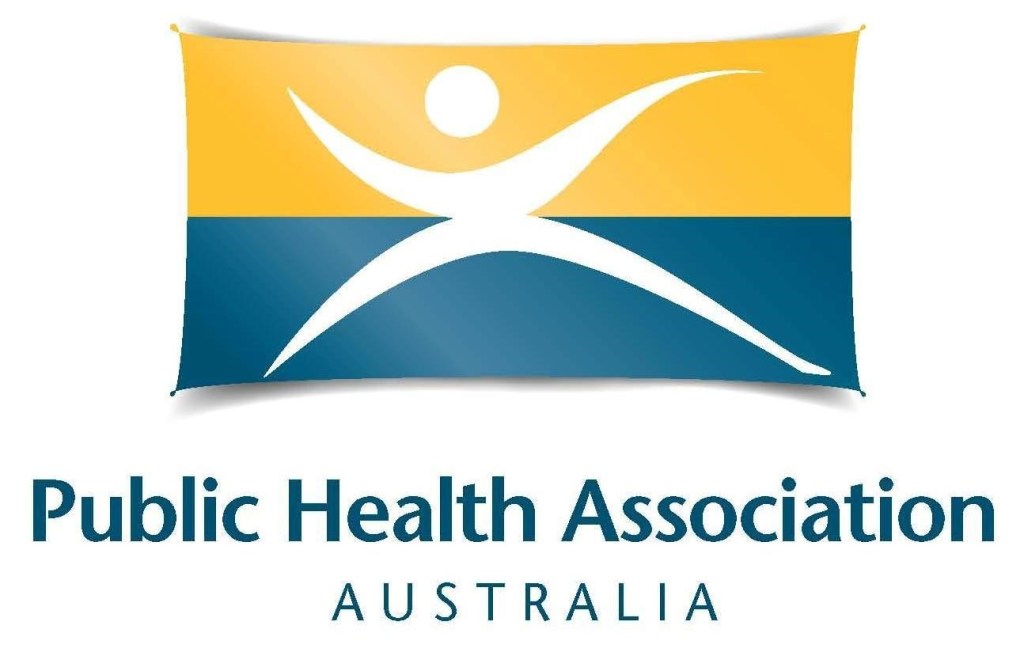Jeremy Lasek – PHAA
3 December is International Day of People With a Disability (IDPWD). Tennis superstar, Dylan Alcott OAM, is an IDPWD ambassador and his incredible positivity shines through in everything he says and does.
Speaking after being named the Victorian state winner recently in the prestigious Australian of the Year Awards, Dylan Alcott was typically humble.
‘I thought I was just making up the numbers, I really did. I’m lost for words. It’s crazy.’
But it was what the wheelchair tennis superstar and outspoken disability advocate said next that surprised – even shocked – many people.
‘I just bloody love being disabled. I love it so much,’ Dylan Alcott said. ‘And I know not everyone feels the same way that I do, because not everyone has had the opportunities that I’ve had. I’m the luckiest guy in the world, bar none, and I’ll never stop to make sure that people with disabilities get the same opportunities that I’ve had.’
Dylan Alcott may well become the first person with a disability to be named Australian of the Year in the award’s 62-year history. He’s certainly a most worthy finalist for his remarkable achievements both on and off the tennis court.
Dylan was born with a tumour wrapped around his spinal cord and, at a young age, struggled to come to terms with life as a paraplegic.
‘I used to hate myself,’ Dylan admitted.
‘One thing I really struggled with when I was growing up was whenever I turned on the TV or the radio, or the newspaper, I never saw anybody like me,’ he told the audience at the Victorian Australian of the Year Awards.
‘And when I did, it was a road safety ad where somebody drink-drives, has a car accident, and what’s the next scene? Someone like me, in tears because their life’s over. And I said that’s not my life.’
After those difficult early years, Dylan found a lifeline through sport that changed his life forever.
‘We need more representation in the mainstream, across everything – not just sport; in the media, in our classrooms, our boardrooms, in our parliaments, you know absolutely everywhere. If I can use my platform, even in a very, very, very small way to change someone’s life that’s what I’m meant to do.’
And in so many ways, that’s what Dylan Alcott has done, and for many years now.
Dylan is a keen philanthropist, and in 2014, as a 23-year-old, he broke the world record playing wheelchair tennis non-stop for 24 consecutive hours, raising $100,000 for the Starlight Foundation and Variety Children’s Charity.
In 2017, he created the Dylan Alcott Foundation, a charitable organisation with the core purpose of helping young Australians with disabilities gain confidence, fulfil their potential and achieve their dreams.
He’s also an entrepreneur, and is co-founder of Get Skilled Access (GSA), a training provider educating corporates and governments on how to better understand and treat customers with disabilities.
‘One thing I’m most proud of is my consulting company… where we educate people to better understand people with disabilities. We’ve got 45 consultants and every single one of them has a disability.
‘There are 4.5 million people in this country with some form of physical and non-physical disability and only half of them can find a job. The unemployment rate is double and that’s what I want to do (to help others get employment).’
Since 2018, Dylan’s special events called Ability Fest have presented Australia’s first and only completely inclusive, fully-accessible music festivals. They aim to use music as an inclusive platform to normalise disability, with the most recent event performed in the heart of Melbourne last weekend.
Dylan Alcott describes Ability Fest to ABC triple j: ‘first and foremost, it’s just a sick party like every other festival, like Beyond the Valley, Falls, Splendour. The only difference is we have some added accessibility features, so people with disabilities can come with their able-bodied mates and have a good time.’
‘We have pathways, platforms, Auslan sign language interpreters doing every single lyric on stage. We’ve got our Sensory Chill Zone for people with non-physical and sensory disabilities, like autism and that, if they’re getting sensory overload they can go in there, chill out, come back. We’ve tried to think of everything.’
And then there’s Dylan’s sport. Dylan first tasted fame as a 17-year-old, becoming the youngest gold medal winner as a member of the ‘Rollers’ Australian men’s national basketball team at the 2008 Beijing Paralympics.
In 2014, he returned to wheelchair tennis with the aim of participating at the 2016 Rio Paralympics where he won gold.
The rest, as they say is history.
Dylan is the only man to complete the ‘Golden Slam’ in quad singles, winning all four tennis majors and the Paralympics in 2021. He’s also the only man to complete the Gland Slam in quad doubles, winning all four major titles in 2019.
Having recently announced his retirement after this summer’s Australian Open, Dylan says ‘I feel like I’ve done everything in sport.’
His passion for life is infectious, and his cheeky self-deprecation and humbleness is his trademark.
‘I’m just a tennis player who is always himself. The reason I get out of bed is not to win tennis tournaments, or to win gold medals and grand slams, it’s to change perceptions so that people like me with disabilities can get out and live the lives they deserve to live. And that’s not just through playing sport, it’s in employment, in education, in their personal life in dating, in travel, in going to restaurants, in doing everything.’
The 2022 Australian of the Year will be announced on the eve of Australia Day, 25 January in Canberra and will be broadcast live on ABC-TV.
Images: robbiesaurus/Flickr and International Day for People with Disabilities
Footnote: The author, Jeremy Lasek, is a former CEO of the National Australia Day Council which presents the Australian of the Year Awards.


Leave a Reply